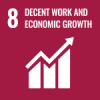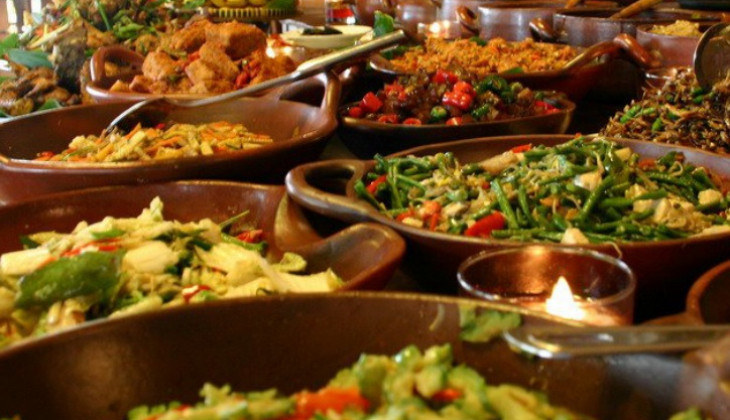The food and beverage business is one of the supporting activities of tourism. This culinary business is growing in DIY. In 2010 more than 150 restaurants became members of the Indonesian Hotel & Restaurant Association (PHRI) and 375 culinary spots in 2020. In developing culinary tourism, servicescape is an important concept to maintain the loyalty of culinary customers. Servicescape is a concept that describes the style and physical appearance of the culinary. It is a physical facility in services for guest needs to influence behavior and satisfy guests where the design will have a positive impact on both guests and staff/employees. However, this concern is rarely explored in tourism science and less familiar among culinary entrepreneurs.
The National Tourism Seminar Series # 10 raised this topic, entitled Servicescape: Culinary Tourism Strategies in the Special Region of Yogyakarta, Tuesday (9/3). The speaker at this seminar was Dr. Sri Sulartiningrum, alumni of S3 UGM Tourism Studies. Prof. Eni Harmayani, lecturer at the Faculty of Agricultural Technology UGM attended as the discussant, and Dr. Muhammad from the UGM Graduate School was the moderator.
Dr. Ningrum explained she carried out research to find out the concept of servicescape and strategies to attract visitors to ethnic restaurants and to analyze the indicators and usefulness of servicescape for culinary tourism. Dr. Ningrum took a case study at ethnic Raminten, Bale Raos and Mang Engking restaurants in Yogyakarta.
“Each of the culinary tourism strategies at the research location shows a dominant cultural factor, where cultural factors can reflect servicescape,” said Ningrum in a press release.
Therefore, she advised ethnic restaurant managers to improve servicescape in ambient, design, image, behavior, product, price, and culture to increase consumer loyalty. She added that there is a need for installing information boards to make it easier for culinary lovers to find these ethnic restaurants. From the academic perspective, Dr. Ningrum emphasized the need to include cultural aspects into the servicescape concept as an important variable when evaluating servicescape.
Meanwhile, Prof. Eni responded that culinary has a broad function. It is not only about food and drink but also about other aspects including identity, dignity, and even nationalism. For example, currently, the K-pop culture wave affects the appetite of teenagers, especially students. Culinary can be a medium for acculturation and showing the sovereignty of a nation.
“I support the need to sharpen the vision and mission of Indonesia’s culinary development because it has a dual role which is very beneficial for tourism, the economy, the fulfillment of the food aspect, but also the sovereignty of a nation,” said Eni.
Source: https://www.ugm.ac.id/id/berita/20866-membedah-serviscape-wisata-kuliner-di-yogya



